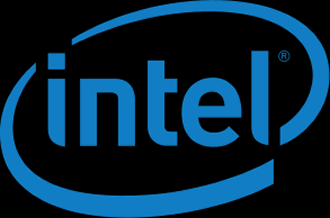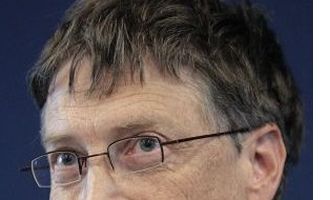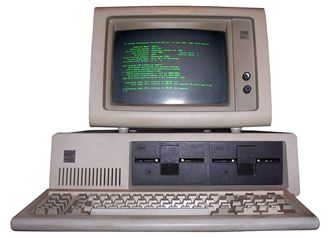 Buried in Intel’s glowing results was one anomaly – its tablet business was taking off while its mobile unit revenue fell like a free falling team of elephants.
Buried in Intel’s glowing results was one anomaly – its tablet business was taking off while its mobile unit revenue fell like a free falling team of elephants.
It was possible to see a significant spike in tablets using its chips, up 10 million last quarter, but its mobile revenue was just $51 million. This was an 83 percent drop from a year earlier.
While it is possible to explain some of that drop by a fall in its phone modem chip business it turns out that this was the cost of “contra revenue”,
As president Ronald Reagan found out, giving money to contras is always going to get you into trouble and what you are seeing is the cost of Intel buying its way into the market.
For 2014 anyway, Intel is selling a chip into low-end tablets that costly and complex to design into devices than rivals. Tablet makers are happy because they get a higher end Bay Trail chip for their cheap tablets but Intel’s bottom line suffers and it smacks of desperation.
It all means that Intel can say it is “on track” to reach its goal of selling 40 million tablet processors this year but this means that more “successful” Intel is at getting device makers to use its chips, the more money it will lose.
Intel does not seem to care either. It has said that it is tablet program is expected to take the company’s entire profit margin down by as much as 1.5 percentage points this year. Intel can afford it, but it is questionable if his makes sense and it if would be better to invest in the 3.30 at Ascot.
Intel thought Bay Trail chip it is selling to tablet makers would wind up in high-end devices which cost a fortune. Instead, Intel’s opportunities have been in lower-end devices such as the Asus Memo Pad, a device that costs around $150.
Intel does not expect the mobile unit to turn profitable next year, but the losses should narrow, CFO Stacy Smith told the world+dog.
CEO Brian Krzanich believes that over time we can make this a profitable business.









